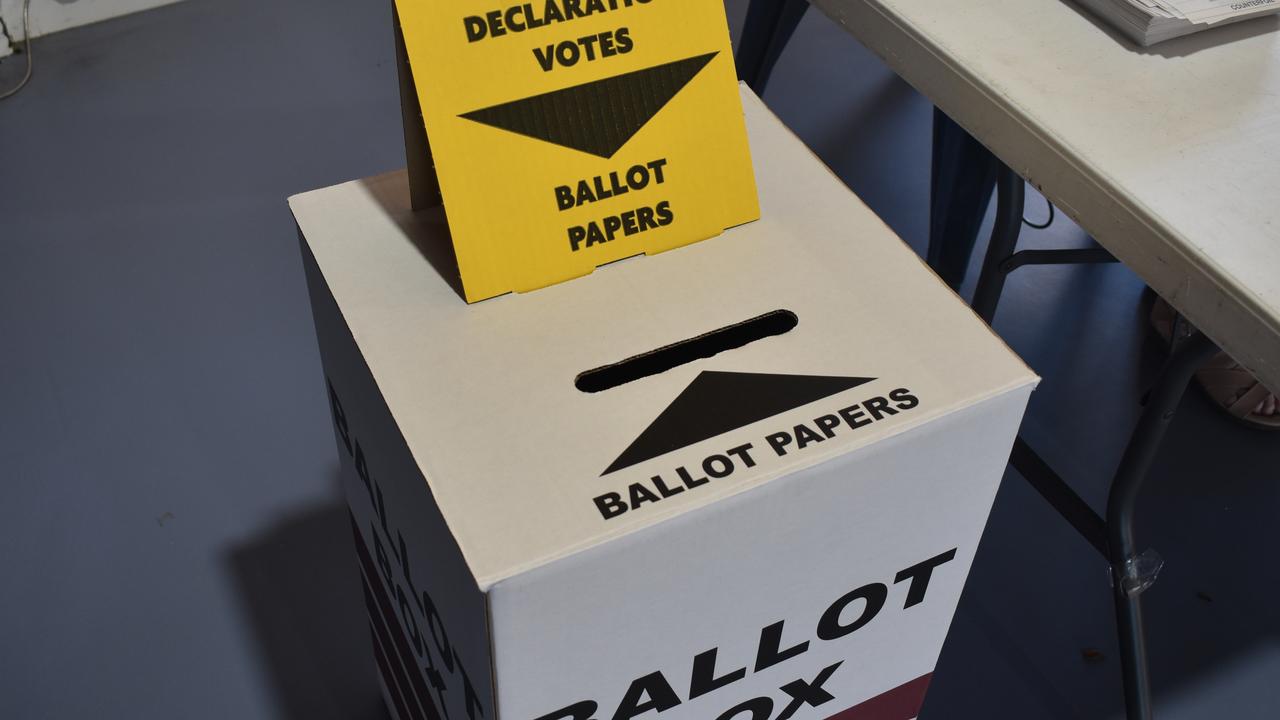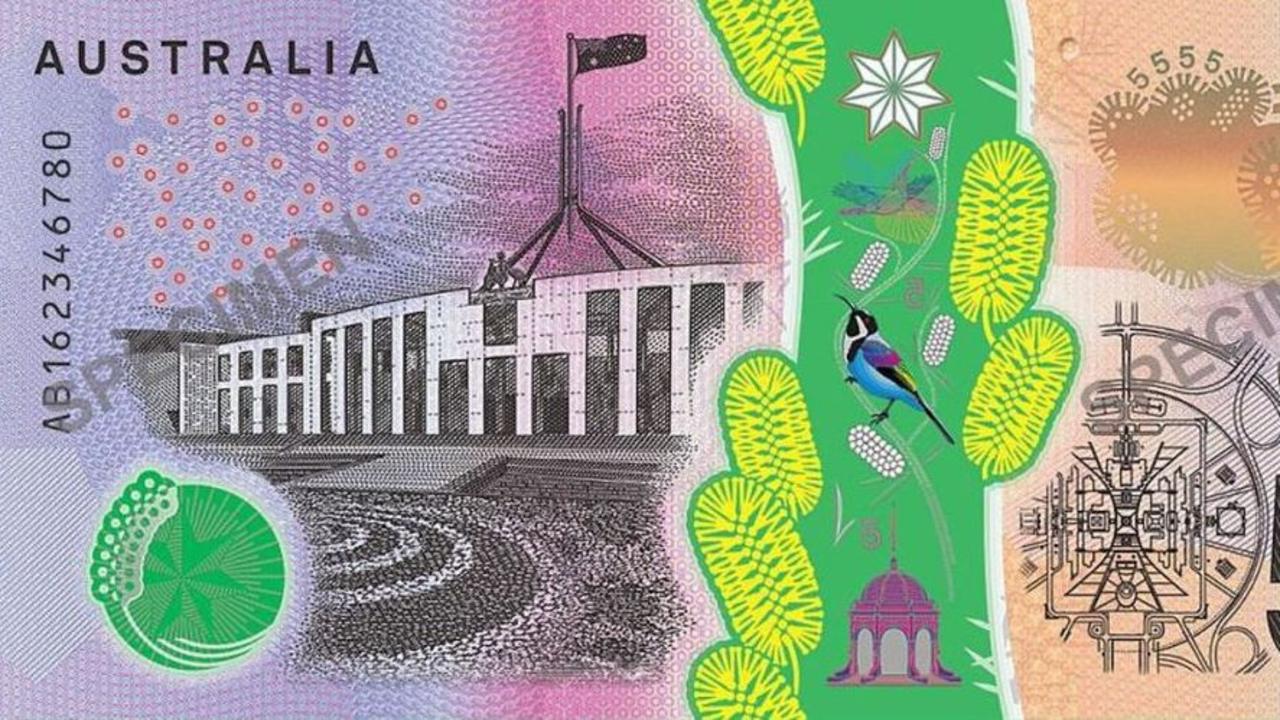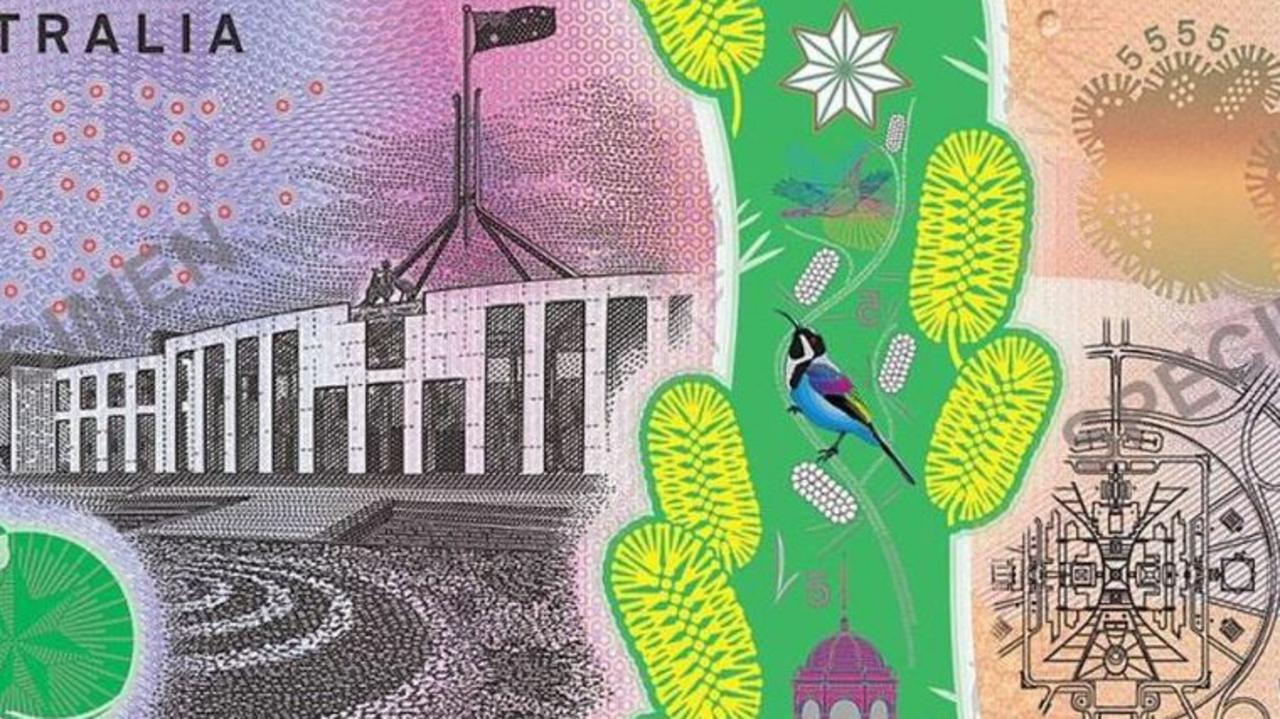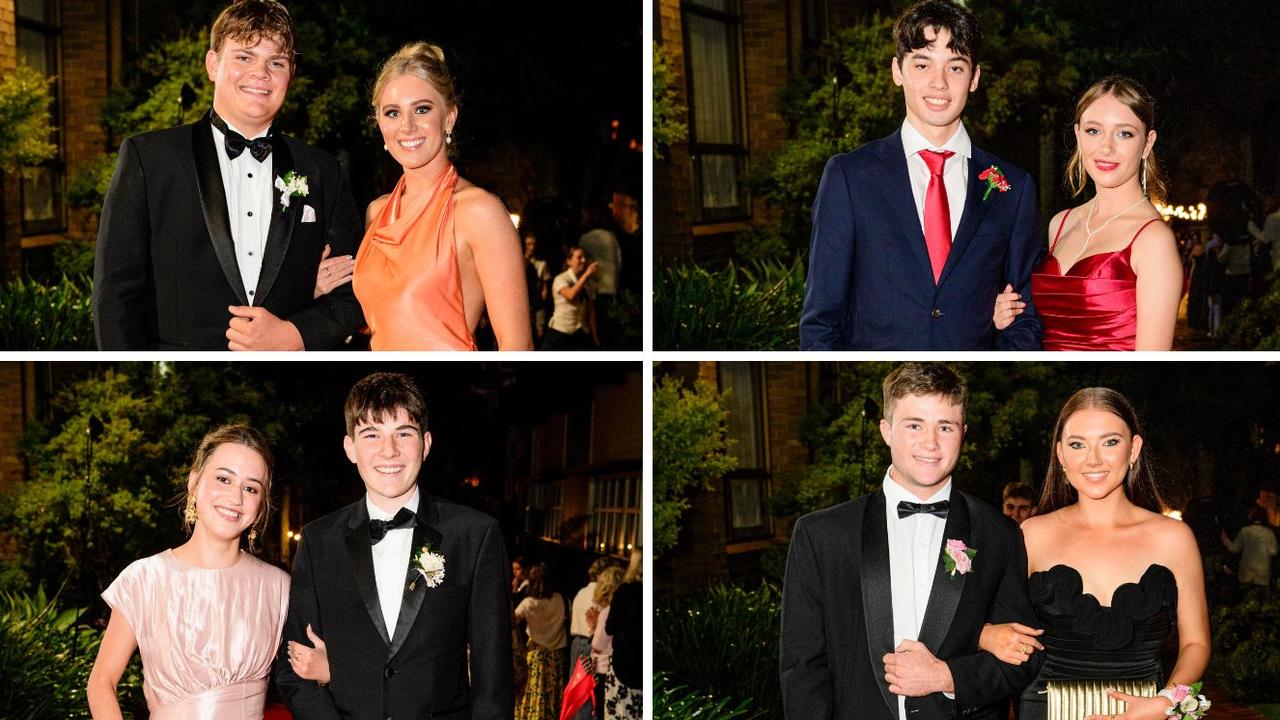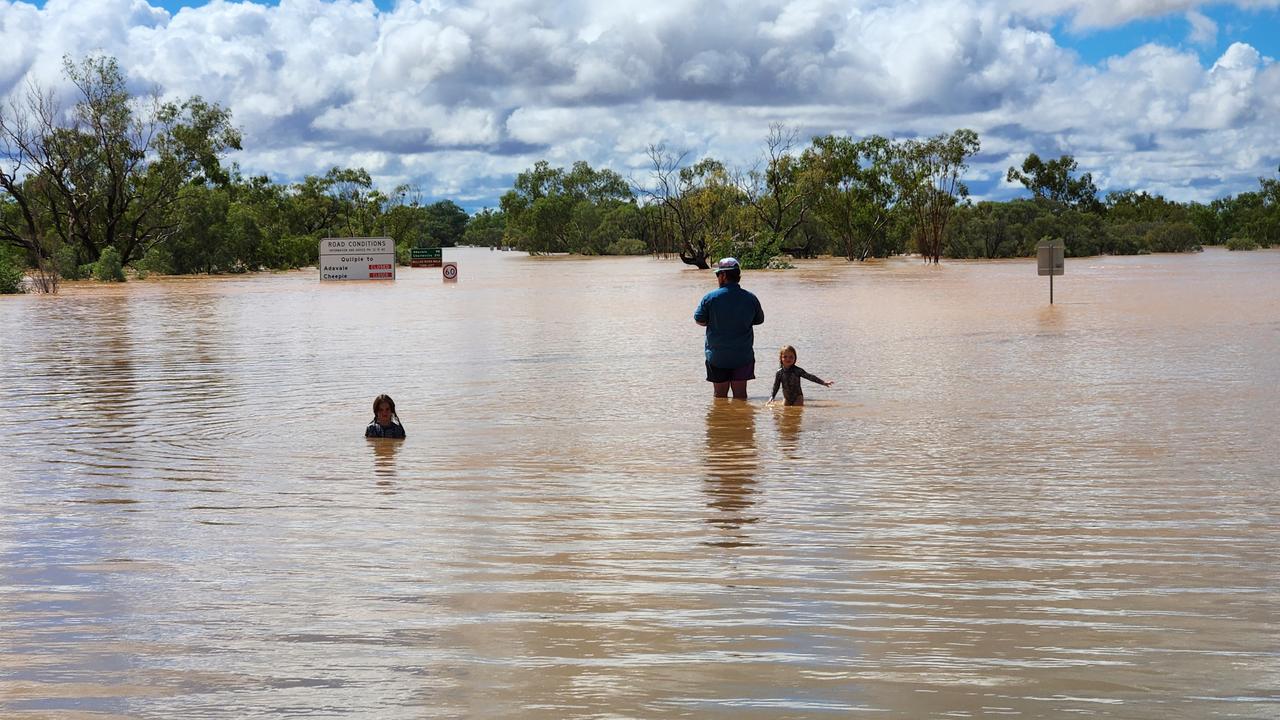Meet five of our region’s cancer survivors and read their stories with the disease
It’s a disease that doesn’t discriminate, and has affected countless people in our region. Here are the inspiring stories of some of our town’s cancer battlers, and how they’re surviving.

Community News
Don't miss out on the headlines from Community News. Followed categories will be added to My News.
Mark Middleton has made history in Toowoomba in more than one way – and more importantly he has helped save the lives of thousands.
Mr Middleton founded the Icon Cancer Centre at St Andrews, to ensure cancer patients would no longer have to travel to Brisbane to access lifesaving Radiation Therapy.
Starting as the chief radiation therapist, Mr Middleton is now CEO, and said he has gained immense satisfaction from his work.
“I love helping patient by patient, family by family and community by community,” he said.
“Additionally, I love seeing the careers of my people flourish.
“Many of Icon’s global leaders have been with me since we started in Toowoomba, and I have loved watching them go from strength to strength personally and professionally.”
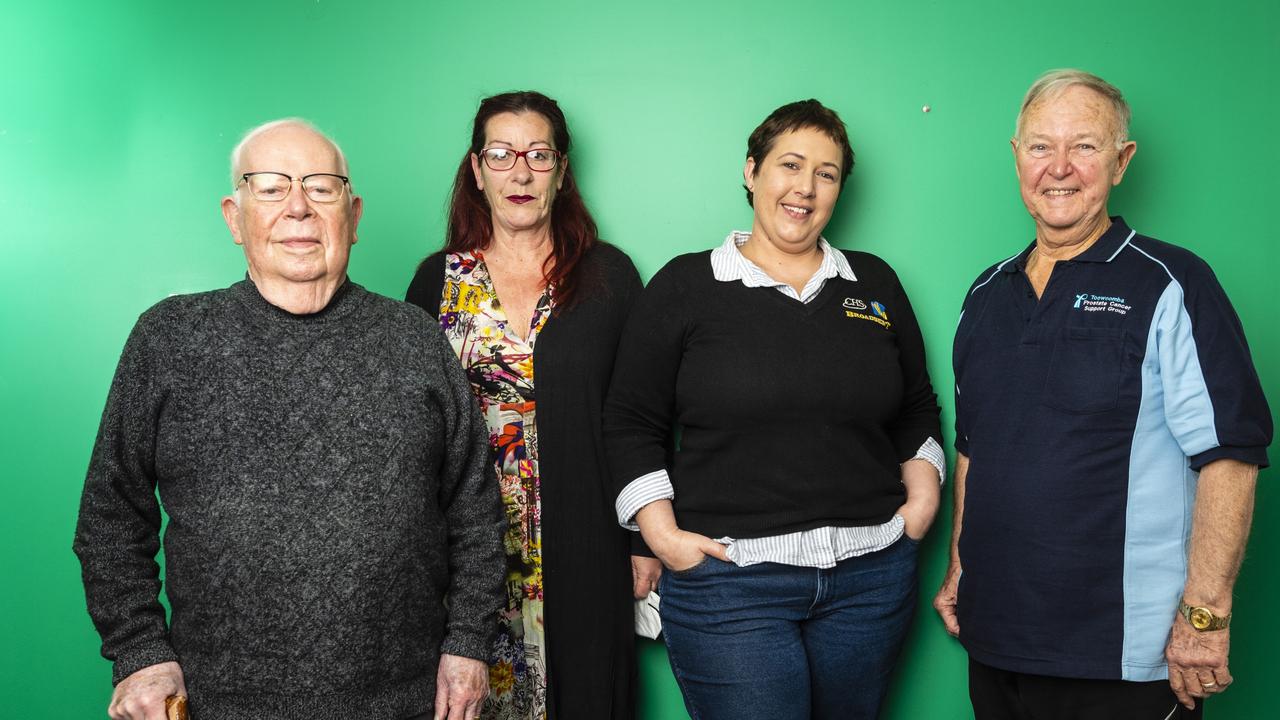
Opening a centre for cancer treatment in regional Queensland was not just a goal for the team at Icon back in 2007, it was critical.
Each year 2335 new cancer cases are diagnosed in the region with 732 South West Queenslanders losing their lives to the disease annually.
Cancer Council Queensland revealed the top five most prevalent cancers in the area were prostate, melanoma, colorectal, female breast and lung with the median age of diagnosis 68 years old.
Cancer sufferers were faced with travelling hundreds of kilometres to receive treatment, and it was Icon that allowed them to receive that lifesaving treatment close to home.
“Many people in regional Australia still make the decision on whether or not to travel for cancer treatment,” Mr Middleton said.
“Before 2007 this was also the case in Toowoomba.
“We need to bring care closer to where people live and we need to ensure that people can access care.
“That’s why the Icon Cancer Centre in Toowoomba has been such a critical location for us.
“World class cancer care can be delivered outside of metropolitan areas and delivered exceptionally well.”
With the five-year relative survival rate for the disease 70 per cent, this figure can provide assurance to those continuing their fight.
Here are the faces of the people who live among us that have fought, or are fighting brave battles against cancer:
Courtney Erhlich
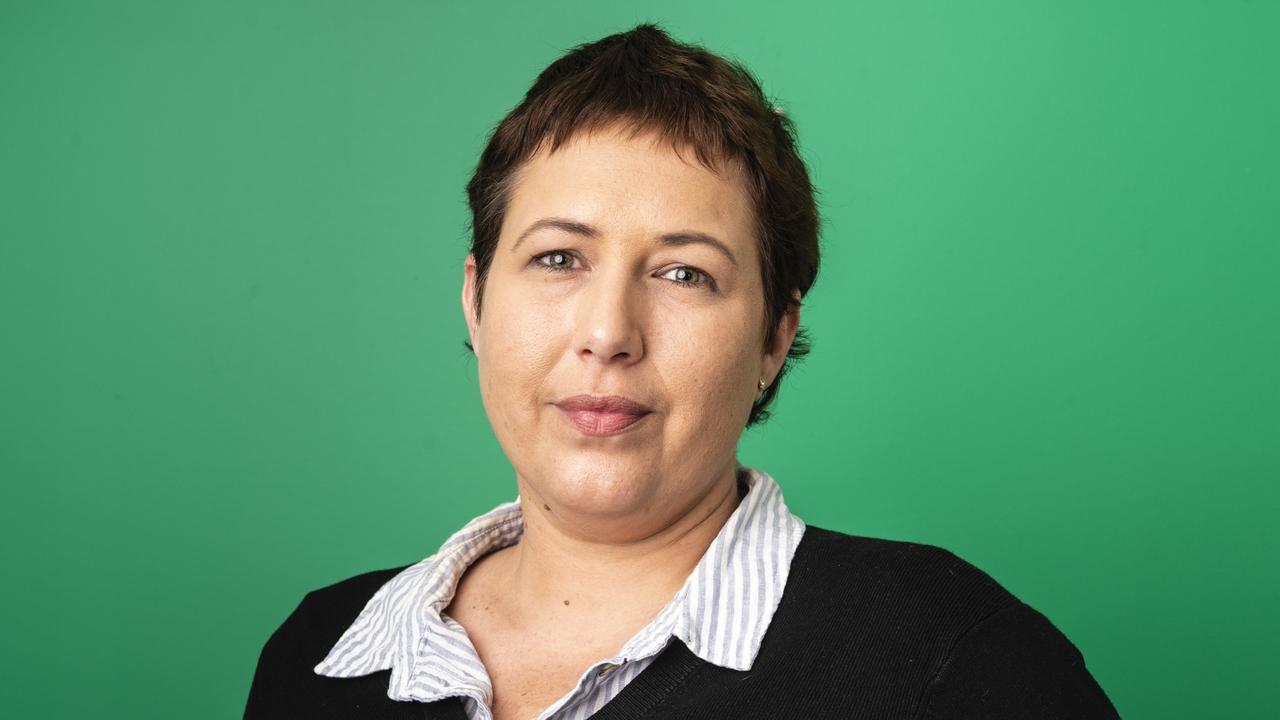
Courtney Erhlich made a commitment when she was diagnosed with breast cancer at 34 – she wasn’t going to give cancer the power to take anything from her.
There were mornings where Ms Erhlich would wake up and burst into tears, hating how sick she felt or the way she looked during her treatment.
But that’s the thing about cancer and treatment – it doesn’t stop for bad days or heightened emotions.
It just keeps going.
“I had lost my hair, gained weight, and was generally looking unwell from the chemotherapy but I had my cry, reapplied my make up and walked out the door,” she said.
“I duck out from work for appointments and treatment and then go back and complete my workday because routine and normality are ultra important to me.
“If I don’t lose anything important to me and I have a complete response by the end of it all, then the cancer never had any real power in the first place so it would be silly for me to give it any by letting it become the main focus in my life.”
Ms Erhlich discovered a lump on her right breast in 2021. She now has eight months of chemotherapy left, and had 21 rounds of radiation at the Icon Cancer Centre.
“Cancer is still a scary thing,” she said.
“It is a condition that can kill you however the advancements being made daily in cancer treatment does significantly minimise the outcome of a worst-case scenario diagnosis these days.”
Ms Erhlich said her process of treatment and diagnosis was “flawless”, except for a lack of support groups in the region to help sufferers cope.
She also believes women should be screened for breast cancer as often as they are told to have Pap smears.
“The opportunity to bond and be supported by others would be advantageous but very little of this exists which is sad as there are so many of us going through this possibly wanting to reach out but don’t have anywhere to reach out to.”
Michelle Cox
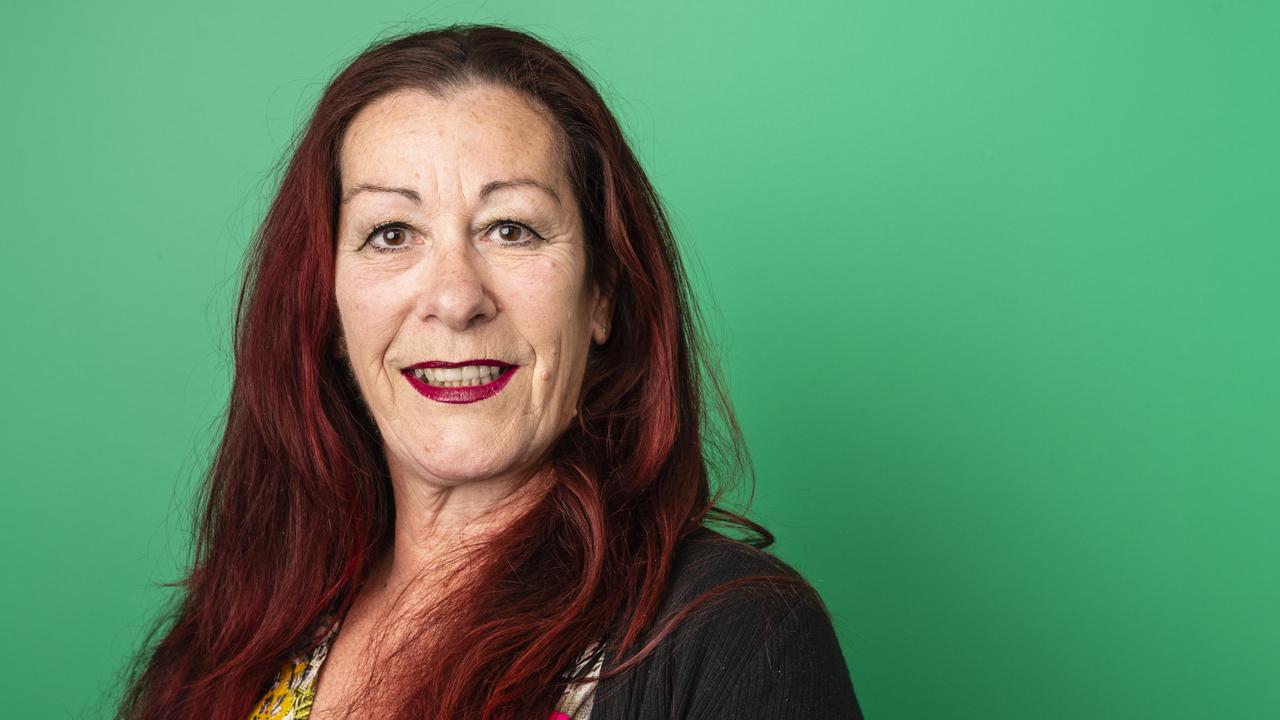
It was instinct that allowed Michelle Cox to prepare for her stage three cervical cancer diagnosis.
One of the big challenges for her was managing how it would impact the people she loved, from her husband to her mother to her daughter, and even friends.
“I’m the kind of person that just gets in there and does what needs to be done, not so much spending time thinking how I’m affected and that’s how I approached the diagnosis and treatment,” she said.
“I would put on my make up each day, wear a nice dress and prepare myself for battle each trip to treatment or appointments.
“I tried to focus more on what I needed to do to fix the ‘problem’ rather than how it might be affecting me.”
Ms Cox said she found people almost “shrugged off” her diagnosis, almost as though it was a minor cancer.
“Cancer is cancer, doesn’t matter which type, which was another interesting question people wanted to ask,” she said.
“Does it really matter what type you might have?”
Ms Cox is now three years on from her cancer treatment and is beginning to feel like her old self again.
“I feel extremely fortunate to have come through this relatively unscathed,” she said.
Cyril Curgenven
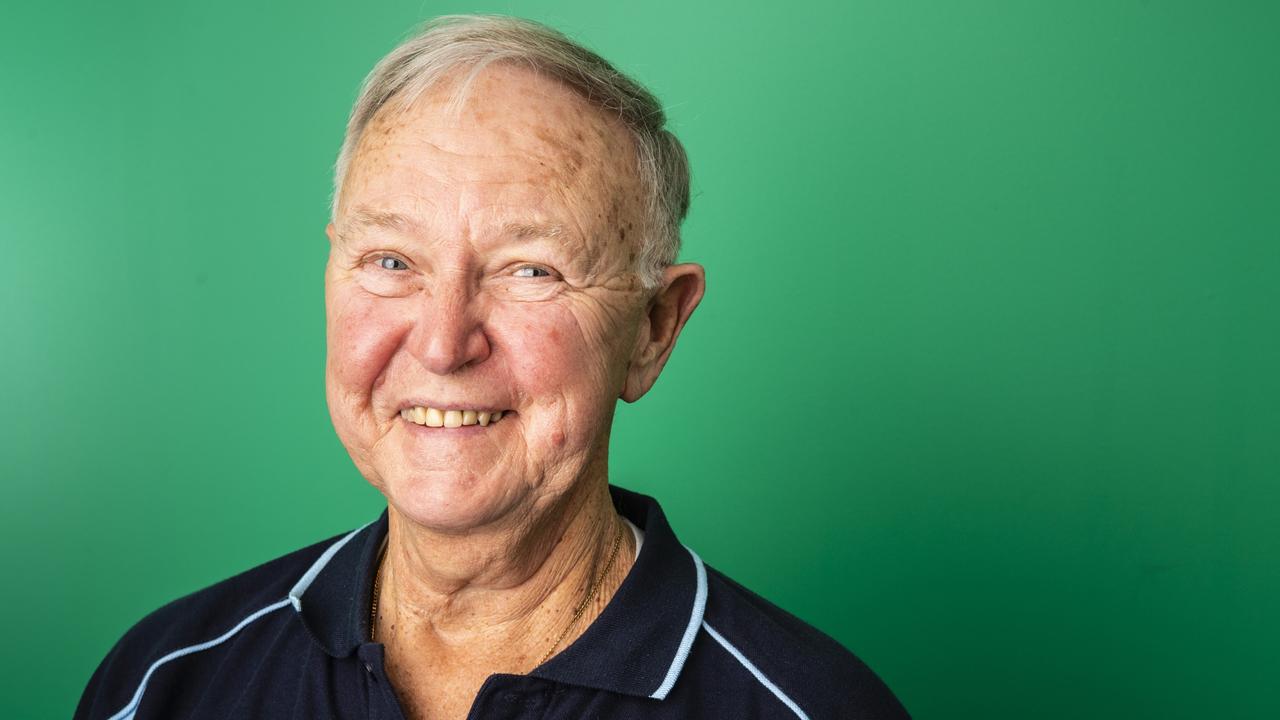
Cyril Curgenven is of the belief that once you are diagnosed with cancer, you have no choice other than to face the problem head-on, and maintain a level of positivity.
Mr Curgenven was diagnosed with prostate cancer early in 2022 and finished radiation therapy at the Icon Cancer Centre in July.
“I was quite distressed at first and my reaction was to get my prostate removed ASAP but it was explained to me that at the age of 75 years old, this was dangerous because of the side effects,” he said.
“After speaking to Dr Lekshmi Nair at Icon Cancer Centre Toowoomba on March 20, 2022, I was given one week to decide on the operation or radiation treatment.
“I decided on radiation.”
Once that decision was made, Mr Curgenven said he left it to his faith and a positive attitude to get him through it.
“I’m feeling more positive now than when I was first diagnosed,” he said.
“It’s always a shock when you get the diagnosis.
“It is certainly a journey you don’t want to be on.”
Having treatment options close to home was critical, and having support options with the Prostate Cancer Support Group on Memory Street provided a safe haven for him.
“It is fantastic that Toowoomba now has these facilities, as people previously had to travel to Brisbane, which would have been horrific,” he said.
“I am very happy with the services given to me through my journey.”
Ken Imison
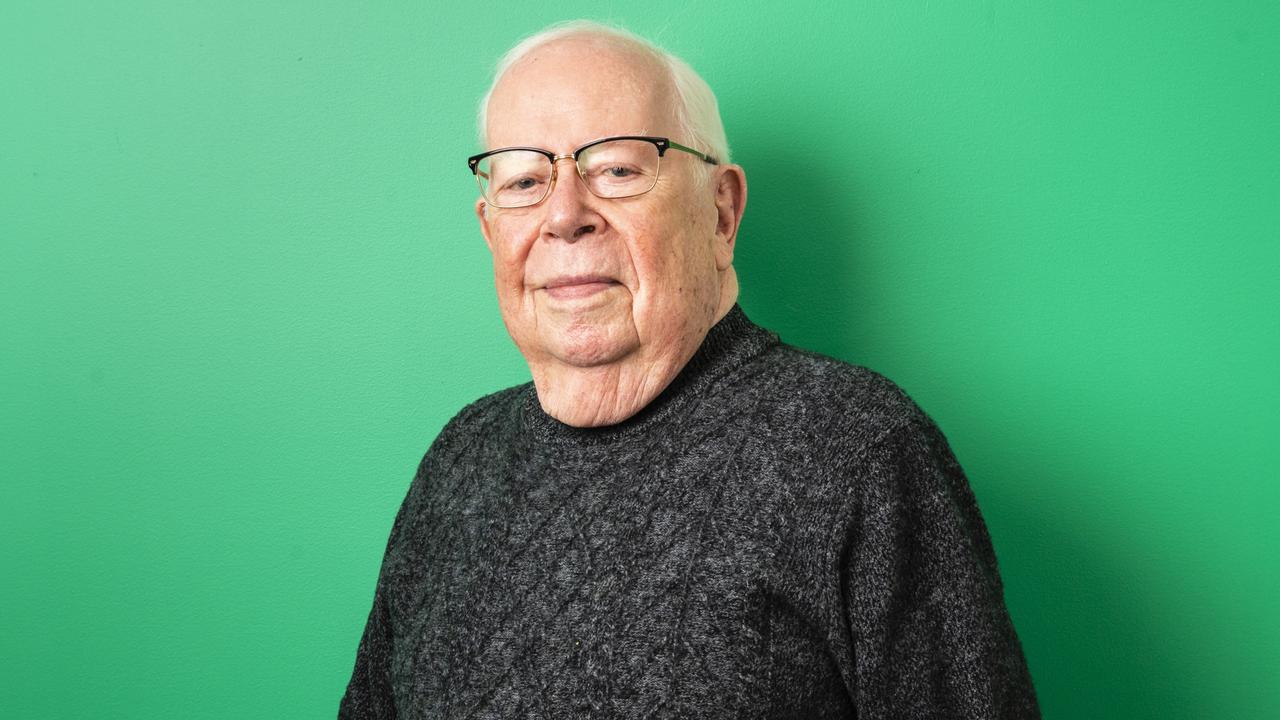
Eighty-nine year old Ken Imison has not let anything slow him down, especially not a cancer diagnosis.
Mr Imison went to his GP when he started experiencing irregular bowel movements in 2021, and from there was told he had cancer of the rectum, so began his radiation journey at the Icon Cancer Centre.
“I know cancer is unpredictable,” he said.
“You can have surgery and the cancer can flare up again in no time, so I would rather be safe than sorry and have the radiation therapy.
“My experience at Icon has been wonderful. It is a professional organisation but with a human touch.
“The staff have been very supportive and I have great trust in their ability.”
Turning 90 in November, Mr Imison still has a lot to accomplish on his list.
He wants to visit the United States, and embark on a European holiday in memory of his wife, who died in 2014.
“We were married for 50 years,” he said.
“I want to take my family to the places that were important in her life.
“I have to be realistic, this might be my last hurrah, so if I’m still fit enough, I will celebrate my 90th birthday with my nearest and dearest on this trip.
“I don’t think my outlook on life has changed since my cancer diagnosis.
“I’ve always tried to be a positive person and I’ve always known that life is meant to be treasured and you must make the most of each day.”
Helen Hines
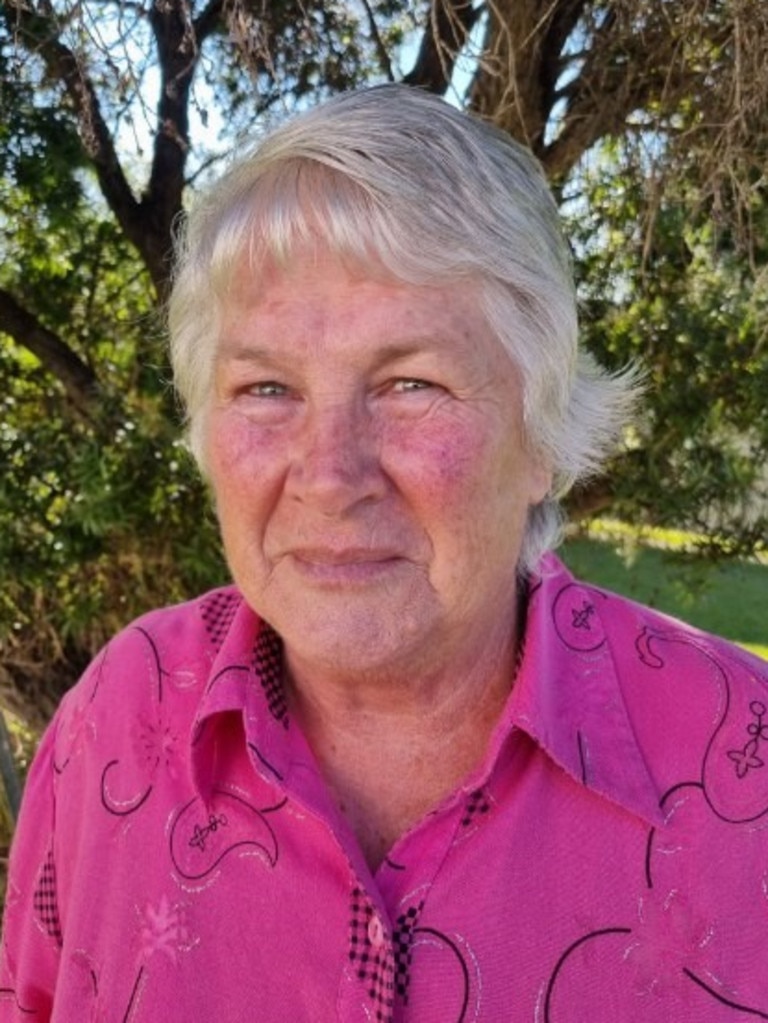
It was as simple as a routine check-up that saved the life of Wallangarra mother, grandmother and two-time cancer survivor Helen Hines.
She was diagnosed with breast cancer twice in 14 years, having to undergo surgery, chemotherapy and radiation multiple times.
Mrs Hines was first diagnosed with breast cancer in 2007 following a routine check-up.
The following actions from her and her team of medical professionals saved her life.
“I don’t know whether I can describe the feeling,” she said of her first diagnosis.
“It felt like the bottom had fallen out of everything.
“It’s a shock because you don’t expect something like that but you’ve got to go ahead and get treatment.”
Within a fortnight of a lump being detected in her breast, she had surgery to remove it and another malignant lump, followed by gruelling rounds of chemotherapy and radiation.
Mrs Hines spent the following 14 years cancer-free.
But last year the nightmare began again when a routine breast screen detected another lump.
“The lady that was doing (the mammogram), she was very persistent in coming back to one particular spot all the time,” Mrs Hines said.
“I said ‘have you found something?’ and she pointed at the screen.
“She pointed at some funny little mark, and the doctor came in and had a look and they were sure that something was there.
“They did a biopsy right then and there.”
After Mrs Hines returned home she received the call that it was cancer, again.
Another surgery and three weeks of radiation followed and as of April this year, Mrs Hines was once again cancer-free.
“You do think ‘poor me why do I have to have it’, but when you see other people that are worse off than you are, you’ve just got to get on with it,” she said.
“You’ve just got to let your body heal and you’ll hopefully come through the other side which I have.”
She spent time at the Icon Cancer Centre during both her battles.
Mrs Hines has kept a remarkably positive attitude throughout her experiences, one she didn’t realise the magnitude of until people approached her about it.



